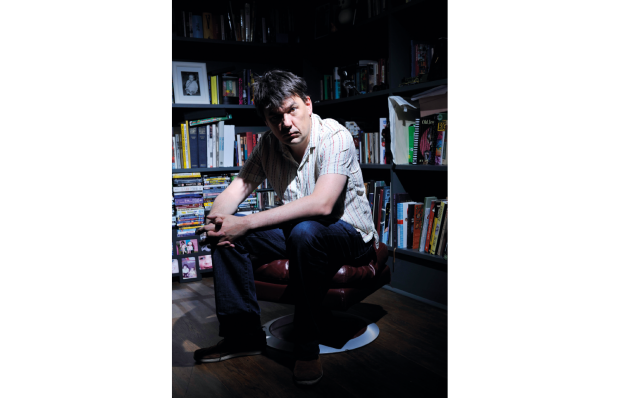Given their track record, you might think that Dick Clement and Ian La Frenais would be spared the struggles that lesser screenwriters go through to see their writing on screen. But this, it turns out, would be naive. Clement and La Frenais may have written some of the best-loved programmes in British television history: Auf Wiedersehen, Pet; Porridge; The Likely Lads; Whatever Happened to the Likely Lads? Their CV may contain the huge hit film The Commitments — as well as more recently acclaimed TV dramas like The Rotters’ Club and Archangel.
Already a subscriber? Log in
Subscribe for just $2 a week
Try a month of The Spectator Australia absolutely free and without commitment. Not only that but – if you choose to continue – you’ll pay just $2 a week for your first year.
- Unlimited access to spectator.com.au and app
- The weekly edition on the Spectator Australia app
- Spectator podcasts and newsletters
- Full access to spectator.co.uk
Unlock this article
You might disagree with half of it, but you’ll enjoy reading all of it. Try your first month for free, then just $2 a week for the remainder of your first year.














Comments
Don't miss out
Join the conversation with other Spectator Australia readers. Subscribe to leave a comment.
SUBSCRIBEAlready a subscriber? Log in